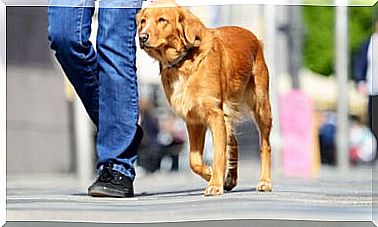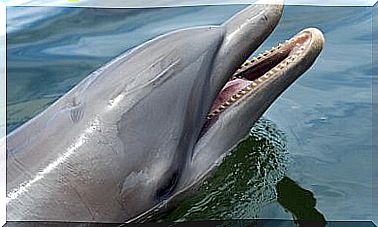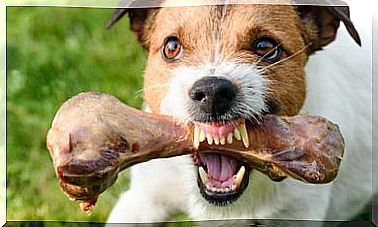What Are The Future Challenges In Animal Protection?
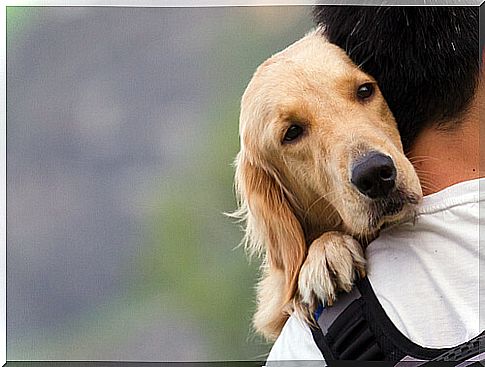
Despite the advances, it is evident that we still have a long way to go towards a society where respect for animals and a logic of ethical and sustainable production prevail . However, it is also undeniable that animal protection laws and public policies have evolved a lot in recent decades.
It is evident the existence of critical points that currently stand out as the great challenges of the future in terms of animal welfare, especially if we take into account that most of the advances have focused on the protection of companion animals, leaving aside both wildlife and food industry animals.
It is also true that each country will have to face its own challenges, depending on its traditions, laws and legal structures, the culture transmitted from generation to generation, the logic of consumption, education and the socioeconomic condition of its inhabitants, among other variables. A good example is the bulls in Spain.

Next, we will analyze the great common challenges of animal protection that our societies will have to face in the coming years. ¿ Where walks the animal movement and how we expect our representatives to respond?
The future of animal protection: beyond pets?
As we have seen at the beginning, one of the great challenges of animal protection in the future will be to overcome myths and concepts about the ‘function’ of certain species; These animals are at the origin of our societies and even make up the cultural identity of many countries.
Traditionally, we tend to have more empathy with companion animals, those that have greater emotional proximity to human beings. It is clear that certain animals are sources of resources for our society.
This difference in treatment is also noticeable in the legal sphere. On the one hand, a Law Proposal is presented that proposes creating a special judicial status for companion animals so that they are no longer legally considered as ‘movable property’ and are recognized as beings endowed with sensitivity.
However, in this same country thousands of animals spend their entire lives caged in lamentable conditions and hunting continues to be understood as a regulated recreational activity. This shows that the concept of animal protection and advances in the fight against abuse have been focused on pets.
In this sense, overcoming the notion that the existence of certain animals is simply summed up in serving man is a complex, but urgent and necessary challenge.
If we do not achieve this evolution, it will be very difficult to advance in animal protection for wildlife and ‘farm’ animals. And almost impossible to achieve a change of legal status applicable to all species.
Animal law and animal rights: different but equally important challenges
When we speak of animal rights, we are not necessarily referring to the recognition of animal rights. In other words, the fact that animal law is recognized as a discipline within the law and is taught in universities does not directly imply that it is recognized that animals are holders of legal rights.
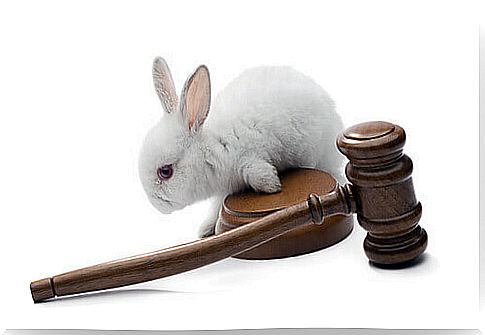
Likewise, these aspects represent very important challenges in the future landscape of animal protection. On the one hand, we need to continue promoting the teaching of animal law in more universities.
Let us not forget that we will need trained professionals to promote the creation of new laws that make viable and optimize comprehensive public policies on animal welfare at the state level. And why not defend their inclusion in the basic school plan in schools?
This challenge is interconnected with that of advancing in the recognition of the basic rights of animals; animal law experts can make a big difference in advancing the legal status of animals. This is essential to equalize the treatment of all animals, which overcomes the limitation to pets.
Conclution
A comprehensive and comprehensive analysis regarding animal welfare is necessary, involving all those aspects of a society that determine its relationship with animals. Only then will we stop having specific policies and controversies, to begin to establish a solid foundation for a society that lives and produces ethically and sustainably.



